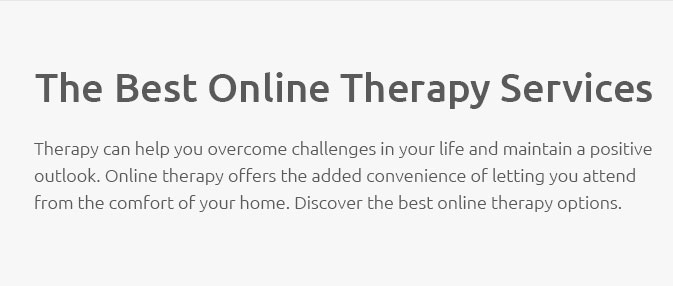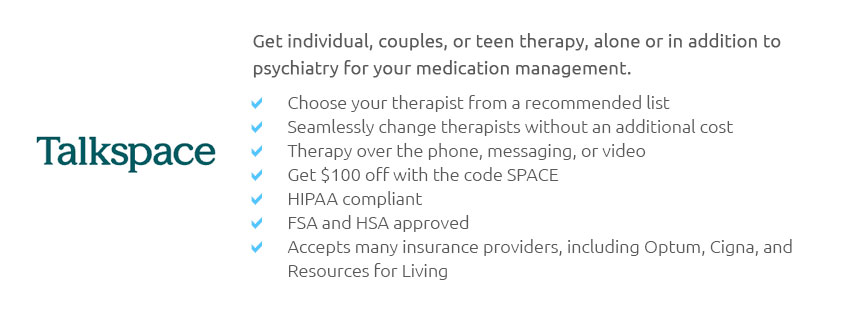 |
 |
 |
|---|
 |
 |
|---|
 |
|
|---|---|
 |
 |
 |
 |
 |
 |
 |
 |
 |
 |
 |
 |
 |
 |
 |
 |
|---|
Therapist Boston MA: Exploring Mental Health Resources and OptionsUnderstanding the Role of a TherapistTherapists play a crucial role in helping individuals navigate mental health challenges. They provide support, guidance, and practical strategies to manage and overcome various issues. Types of TherapistsThere are several types of therapists you might consider in Boston, MA:
Finding the Right Therapist in BostonFinding the right therapist can significantly impact the success of your treatment. Consider these steps:
Exploring online resources, such as therapy after breakup platforms, can provide additional guidance. Benefits of TherapyEngaging with a therapist can offer numerous benefits, including:
Achieving Personal GrowthTherapy often leads to increased self-awareness and personal growth, enabling individuals to live more fulfilling lives. Comparing Therapy OptionsWhen choosing between therapy options, it can be helpful to compare services in different locations. For example, a therapist in Huntington Beach might offer different specializations compared to those in Boston. FAQ
https://mentalhealthmatch.com/browse-therapists/massachusetts/boston
Mental Health Match features thousands of therapists. Our clinical matching tool can help find someone who meets your needs. https://thriveworks.com/boston-south-end-counseling/
Thriveworks Counseling & Psychiatry Boston is located on Massachusetts Ave where it intersects with Columbus Ave. We share a building with Salon 428, Dunkin' ... https://www.psychologytoday.com/us/therapists/ma/boston/downtown
We work with individuals, couples, and families who may be struggling with anxiety, depression, trauma, loss, and other life stressors.
|
|---|